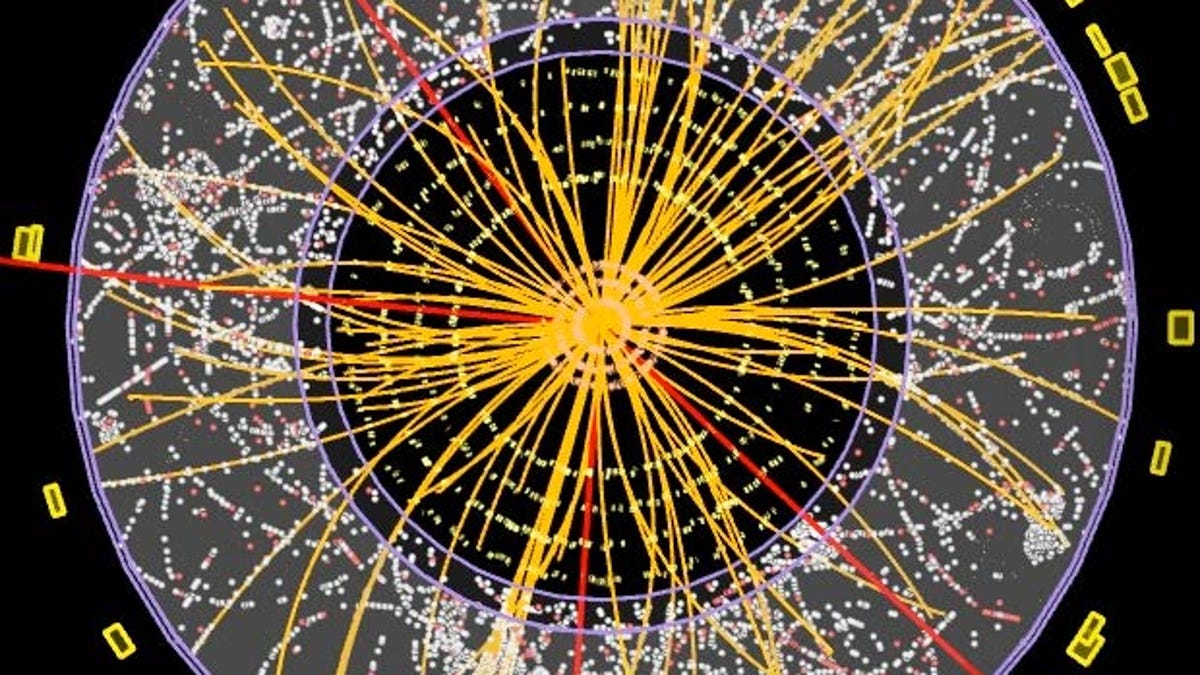Leaked 'Higgs' video posted -- then deleted -- from CERN site
Representative for CERN talks in the video about observation of "a new particle" described as one of the biggest discoveries in decades.

An apparently leaked video dated for dissemination tomorrow depicts a CERN representative involved with one of the experiments at the Large Hadron Collider saying that "we've observed a new particle," which he goes on to label "one of the biggest discoveries in our field in the last 30 to 40 years."
"It's something that may, in the end, be one of the biggest observations of any new new phenomena in our field in the last 30 or 40 years, going way back to the discovery of quarks, for example," the spokesman, Jo Incandela, says in the video, which has since moved to a password-protected area of the CERN Web site.
The Telegraph transcribed the first few minutes of comments made in the video by Incandela, who did not say the new evidence points to the existence of the Higgs boson. Also, CERN told the Telegraph that this was just one of a few videos it has produced in advance of each possible outcome.
CERN has scheduled a July 4 press conference to reveal its findings. CNET will be covering the announcement, which has ignited keen interest across the world. Physicists have theorized about the existence of the Higgs for four decades. They see it as fundamental to an understanding of why matter has mass. NASA has put together this educational cartoon on their Web site to help laypeople get a handle on the Higgs boson.

